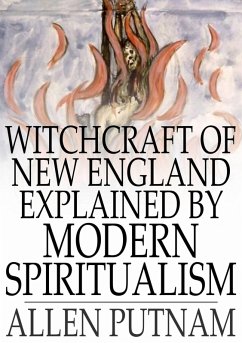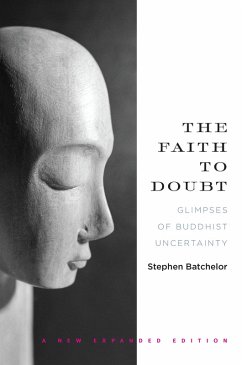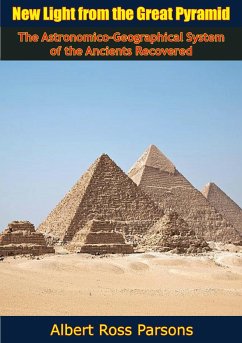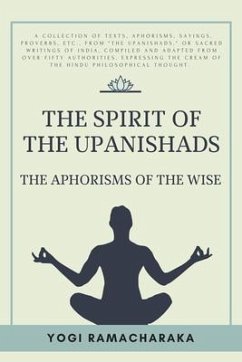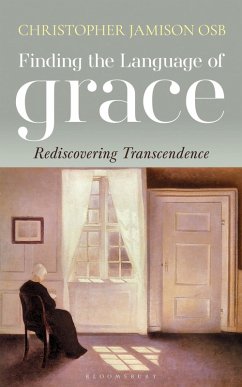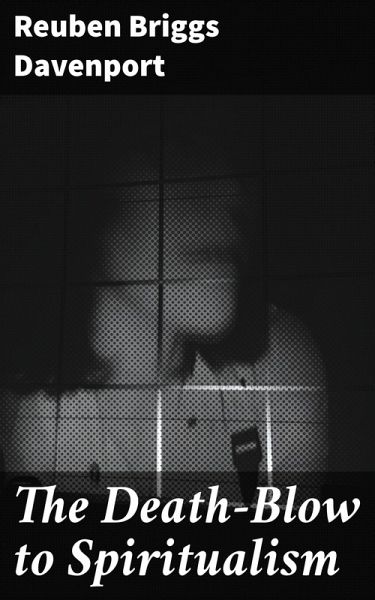
The Death-Blow to Spiritualism (eBook, ePUB)
Enriched edition. Being the True Story of the Fox Sisters
Kommentar: Hammond, Alicia / Redaktion: Good Press
Versandkostenfrei!
Sofort per Download lieferbar
2,49 €
inkl. MwSt.
Weitere Ausgaben:

PAYBACK Punkte
0 °P sammeln!
In "The Death-Blow to Spiritualism," Reuben Briggs Davenport presents a compelling critique of the Spiritualist movement that gained traction in the mid-19th century. Davenport employs a rigorous analytical style, meticulously dissecting the claims of Spiritualist practices through empirical investigation and logical reasoning. His writing serves as both a manifesto against credulity and a clarion call for rational inquiry, drawing upon scientific principles to challenge the authenticity of mediums and psychic phenomena. The book not only critiques Spiritualism but is also positioned within th...
In "The Death-Blow to Spiritualism," Reuben Briggs Davenport presents a compelling critique of the Spiritualist movement that gained traction in the mid-19th century. Davenport employs a rigorous analytical style, meticulously dissecting the claims of Spiritualist practices through empirical investigation and logical reasoning. His writing serves as both a manifesto against credulity and a clarion call for rational inquiry, drawing upon scientific principles to challenge the authenticity of mediums and psychic phenomena. The book not only critiques Spiritualism but is also positioned within the broader context of post-Enlightenment skepticism, resonating with contemporaneous debates on science, faith, and the nature of reality. Reuben Briggs Davenport was a prominent figure in the late 19th-century intellectual scene, known for his unwavering commitment to empirical evidence and rational discourse. His background in both law and science equipped him with a unique perspective on the societal fascination with supernatural beliefs. Davenport's personal experiences and observations of Spiritualist practices'-combined with a growing skepticism within the scientific community'-motivated him to construct a comprehensive argument against these widespread beliefs and practices. For readers interested in the intersection of science, philosophy, and belief, "The Death-Blow to Spiritualism" is essential. Davenport's incisive arguments not only illuminate the flaws in Spiritualist claims but also advocate for a rational approach to understanding the human experience. This work is a valuable resource for anyone seeking to engage critically with the lasting impacts of Spiritualism and to appreciate the historical context of contemporary discussions on belief and skepticism. In this enriched edition, we have carefully created added value for your reading experience: - Hand-picked Memorable Quotes shine a spotlight on moments of literary brilliance. - Interactive footnotes clarify unusual references, historical allusions, and archaic phrases for an effortless, more informed read.
Dieser Download kann aus rechtlichen Gründen nur mit Rechnungsadresse in A, B, BG, CY, CZ, D, DK, EW, E, FIN, F, GR, H, IRL, I, LT, L, LR, M, NL, PL, P, R, S, SLO, SK ausgeliefert werden.




